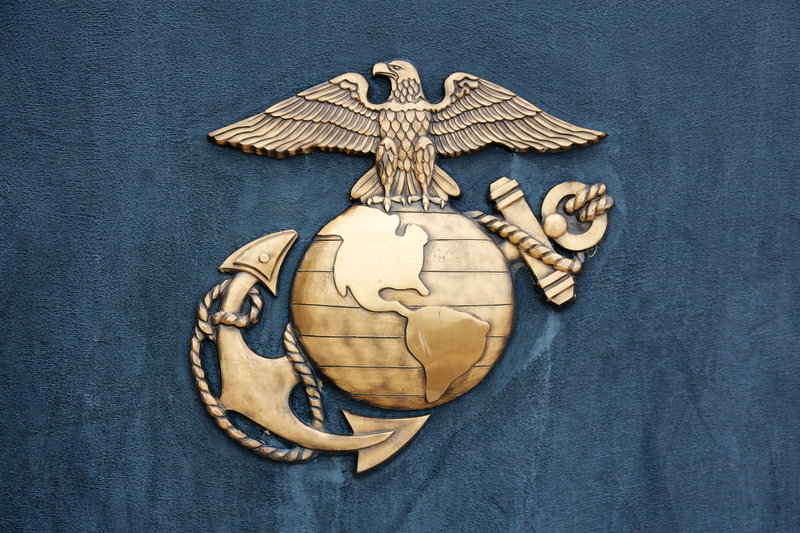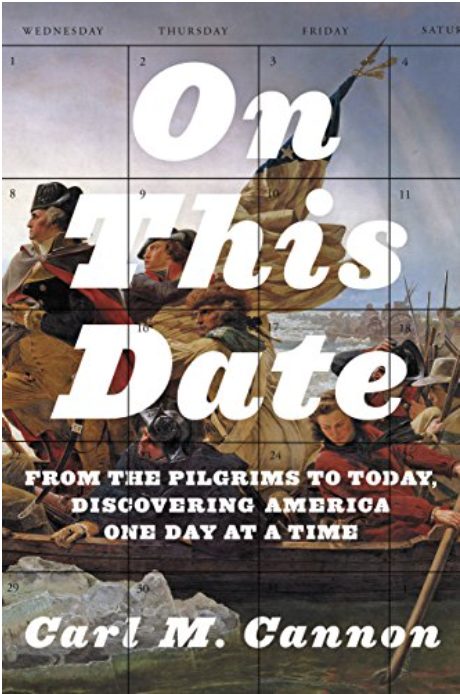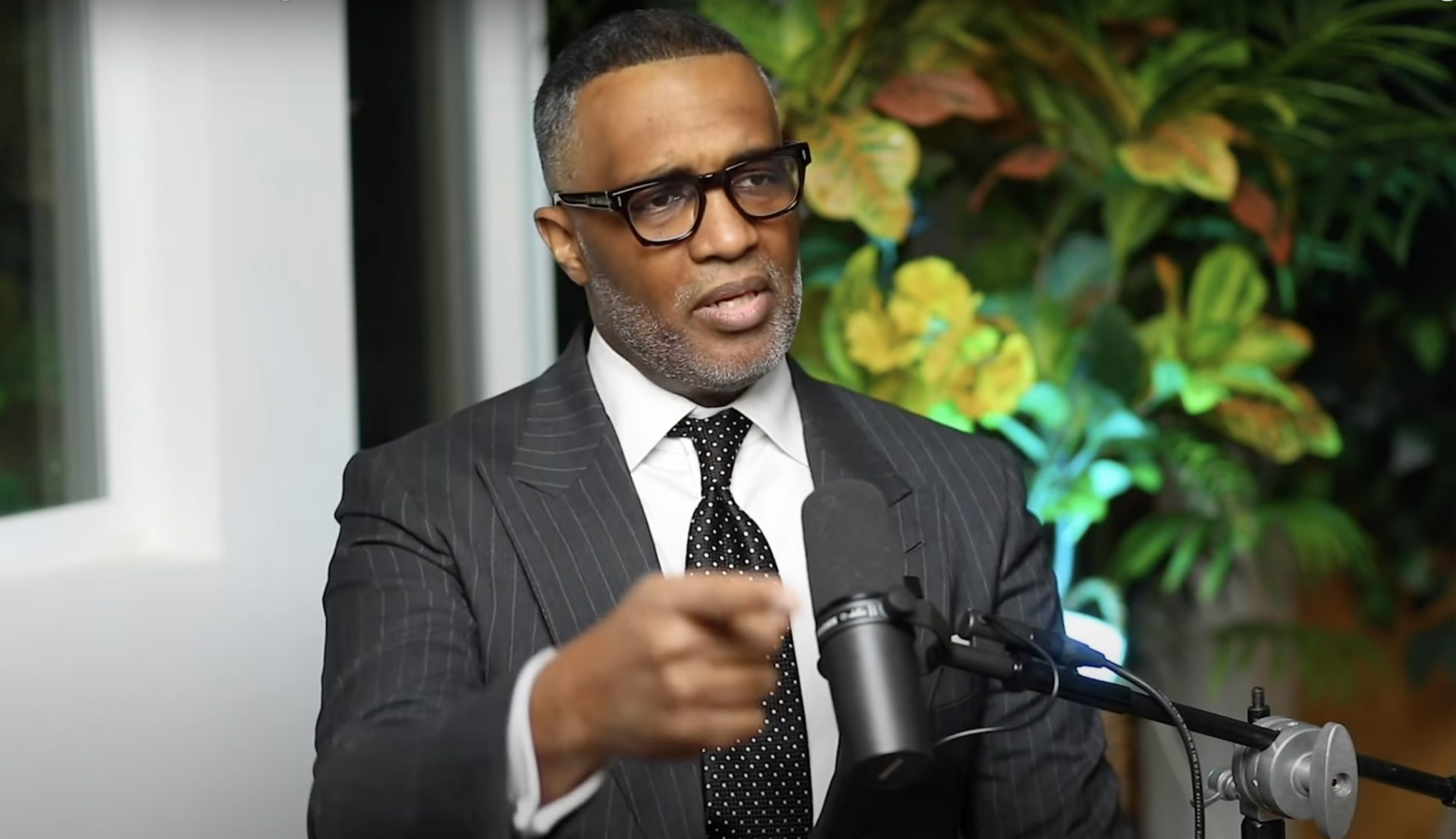Great American Stories: Reagan’s Quote

Good morning, it's Friday, Aug. 27, 2021, the day of the week when I reprise quotations intended to be uplifting or educational. Tweet

Good morning, it’s Friday, Aug. 27, 2021, the day of the week when I reprise quotations intended to be uplifting or educational. Today, I’ll provide several, in honor of the United States Marine Corps, which lost 10 from its ranks Thursday in Kabul. Two U.S. Army soldiers, and a U.S. Navy sailor died in terrorist attacks that also killed and maimed scores of Afghan civilians, many of them children. Eighteen additional U.S. service personnel were wounded, some grievously. Meanwhile, the mission of airlifting Americans and their allies continues.
“They are a part of the bravest, most capable and the most selfless military on the face of the Earth, and they are a part of simply what I call the backbone of America,” a shaken but resolute Joe Biden said yesterday at the White House. “They are the spine of America. The best the country has to offer.”
There are many colorful descriptions of U.S. Marines, almost all of them attesting to the bravery, dedication, and fighting ability of “leathernecks” — or “jarheads,” to use another nickname for Marines. Some of these quotes are attributed correctly. (If you want a quotation of the fake variety, Google “Marines” and “Eleanor Roosevelt.”)
But among those that are accurate, here are four of my favorites:
— “I have only two out of my company and 20 out of some other company. We need support, but it is almost suicide to try to get it here as we are swept by machine gun fire and a constant barrage is on us. I have no one on my left and only a few on my right. I will hold.” (First Lt. Clifton B. Cates, USMC, 96th Company, Battle of Soissons, France, July 1918).
— “They [female Marines] don’t have a nickname, and they don’t need one. They get their basic training in a Marine atmosphere, at a Marine Post. They inherit the traditions of the Marines. They are Marines.” (Lt. Gen. Thomas Holcomb, USMC, 1943).
— “Among the men who fought on Iwo Jima, uncommon valor was a common virtue.” (Adm. Chester W. Nimitz, March 1945).
— “The safest place in Korea was right behind a platoon of Marines. Lord, how they could fight!” (U.S. Army Maj. Gen. Frank E. Lowe, January 1952).
After watching Joe Biden speak from the East Room on Thursday, my thoughts went out not only to the families of U.S. Marines who died in Kabul, but also to those felled in America’s other recent wars and deployments. Two in particular: Brian McPhillips, a young Marine lieutenant killed in Iraq in the first days of the 2003 invasion, was a family friend. Bill Cahir, a journalist I knew and liked and admired, who enlisted in the Marine Corps after 9/11, was killed in Afghanistan during his third deployment — at age 40. I think of Brian and Bill often.
Although Thursday was the deadliest single day for U.S. military forces in Afghanistan in 10 years, there have been far more tragic ones. On Oct. 23, 1983, two explosives-laden trucks driven by suicide bombers in Beirut attacked the compound of a U.N.-backed multinational peacekeeping operation. One of them struck the building where French paratroopers were sleeping, killing 58. A second truck utterly obliterated the four-story concrete structure housing 350 American military, killing 241 and wounding most of the rest. Among the dead were 220 Marines, 18 Navy sailors, and three Army soldiers. It was the deadliest day for the Marine Corps since Iwo Jima. Ronald Reagan, who was ultimately responsible for the deployment, as Joe Biden is today, called it “the saddest day of my presidency, perhaps the saddest day of my life.”
If there was any consolation at all for Reagan, it was that a newly minted Marine Corps lance corporal named Joseph G. Hickey hadn’t yet arrived in Beirut. His father, Ed Hickey, had worked for Reagan in Sacramento and in Washington, and the two families were close, so Reagan knew Joe since he was a boy. On Sept. 23, 1983, exactly one month before the carnage in Lebanon, Reagan wrote him a letter. It began this way:
“Dear Joe: Sometimes people ask me: What is the hardest part of your job? There’s never any doubt about my answer. The hardest thing I ever do is to send brave young men like you into areas of danger.”
In the last paragraph, Reagan ended on a high note. “Some people work an entire lifetime and wonder if they have ever made a difference to the world. But the Marines don’t have that problem.”
And that’s our quote of the week.
Carl M. Cannon is the Washington bureau chief for RealClearPolitics. Reach him on Twitter @CarlCannon.









